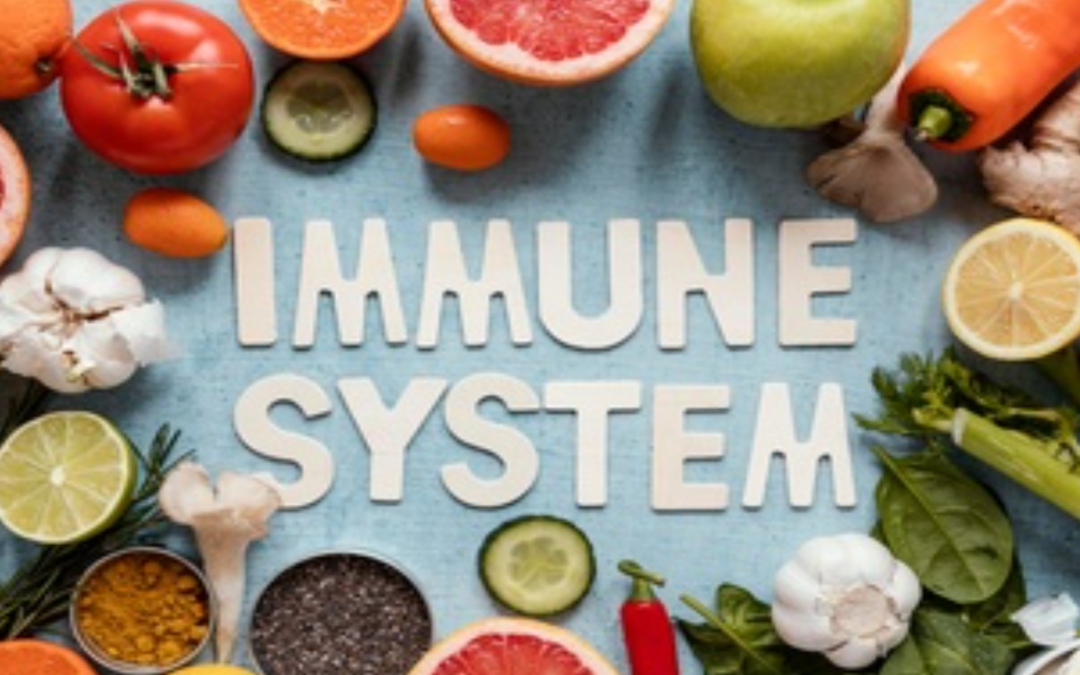Introduction:
In a world where health trends come and go, understanding the fundamentals of health and nutrition is crucial. This blog aims to uncover the complexity of nutritional science and provide you with practical, evidence-based advice to nourish your body and mind.
The Cornerstones of Nutrition:
Nutrition is more than just eating; it’s about nourishing your body. The cornerstones of good nutrition include a balance of nutrients (proteins, carbohydrates, fats) and micronutrients (vitamins and minerals). Understanding these basics can help you make informed food choices.
Protein – More Than Just Muscles:
Often associated with muscle building, proteins play a vital role in almost all bodily functions. From plant-based sources like lentils and tofu to animal-based like meats and dairy, incorporating a variety of protein sources is key to a balanced diet.
Carbohydrates – Your Body’s Fuel:
Carbohydrates are often unjustly segregated. Whole grains, fruits, and vegetables are excellent carb sources, providing energy and essential nutrients while helping to maintain a healthy gut physique.
Fats – The Good, The Bad, and The Essential:
Fats are essential for brain health, energy, and absorption of certain vitamins. opt for healthy fats found in nuts, seeds, avocados, and fish, and limit saturated fats.
Vitamins and Minerals – The Micro-Nutrient Powerhouses:
These are essential for various bodily functions, from bone health to immune function. A diet rich in fruits, vegetables, whole grains, proteins, and dairy (or alternatives) can meet most of your micronutrient needs.
Hydration – The Essence of Life:
Often overlooked, water is vital for every cell in your body. Adequate hydration supports digestion, absorption, circulation, and even skin health.
Mindful Eating – Listening to Your Body:
Nutrition isn’t just about what you eat, but also how you eat. Mindful eating practices can help you understand your body’s hunger and fullness signals, promoting a healthier relationship with food.
The Impact of Diet on Mental Health:
Emerging research suggests a strong link between diet and mental health. Nutrient-dense foods can enhance brain function and mood, whereas a poor diet may lead to symptoms of depression and anxiety.
Creating a Sustainable Diet Plan:
A healthy diet plan should be sustainable and enjoyable. It’s not about strict limitations but finding a balance that works for your lifestyle and preferences.
Conclusion:
Good nutrition is a pillar of health and well-being. By understanding the basics and listening to your body, you can create a nourishing diet that supports not just your physical health, but also your mental and emotional well-being.
What are your favorite nutritious foods or recipes? Share them in the comments below, and join our community for more insights into health and nutrition also add your related post if any!





0 Comments